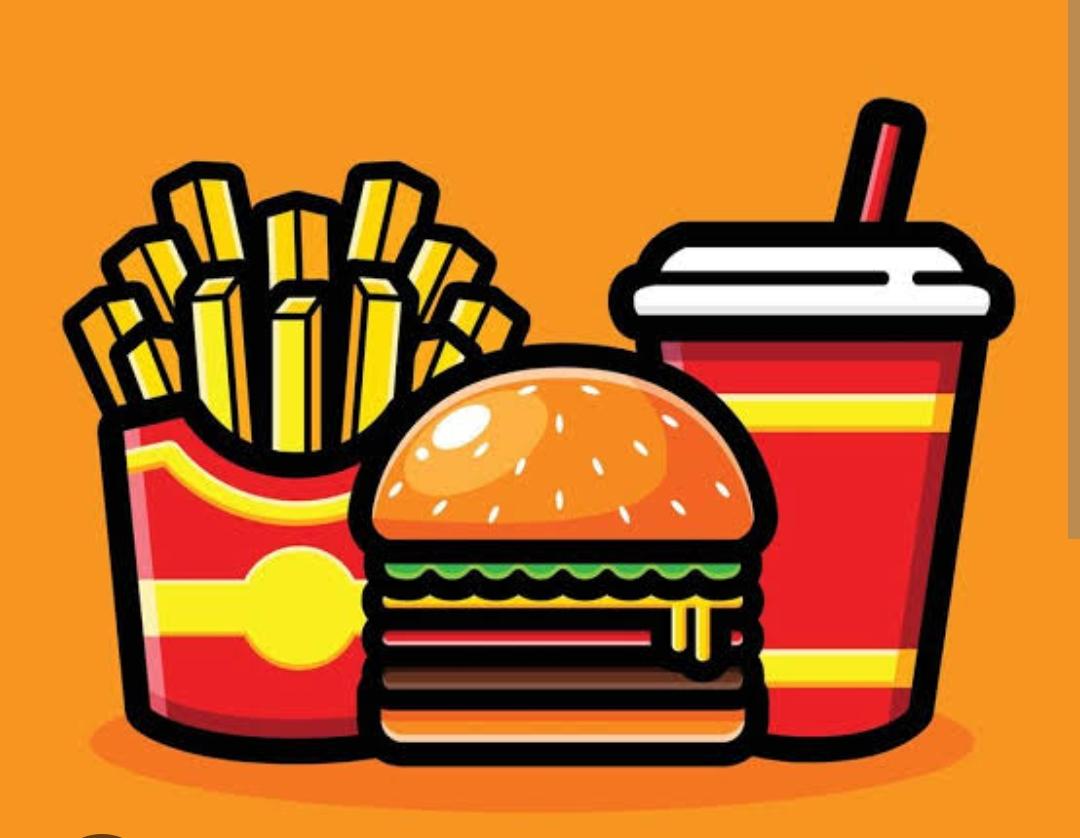The Hidden Dangers: Side Effects of Junk Food on Your Health
In today’s fast-paced world, junk food has become a convenient and tempting option for millions. Easily accessible, delicious, and often inexpensive, items like burgers, chips, sugary sodas, and processed snacks have found their way into daily diets. However, the long-term side effects of regularly consuming junk food can be alarming, affecting nearly every system in the body. Here’s a closer look at the serious health consequences of excessive junk food consumption.
1. Weight Gain and Obesity
One of the most immediate effects of junk food is rapid weight gain. These foods are typically high in calories, unhealthy fats, and sugar while offering little to no nutritional value. Regular consumption leads to an imbalance between calorie intake and energy expenditure, a key contributor to obesity—a major risk factor for diabetes, heart disease, and certain cancers.
2. Digestive Issues
Junk food is often low in dietary fiber, which is essential for healthy digestion. A lack of fiber can lead to constipation and other gastrointestinal issues. Additionally, the high fat content in fast food can slow down digestion and increase the risk of acid reflux and bloating.
3. Heart Disease
Many junk foods contain trans fats, excessive sodium, and added sugars—all of which are known contributors to heart problems. Trans fats raise bad cholesterol (LDL) and lower good cholesterol (HDL), increasing the risk of clogged arteries, high blood pressure, and heart attacks.
4. Type 2 Diabetes
High-sugar and high-carb junk foods can cause sudden spikes in blood sugar levels. Over time, this can lead to insulin resistance, a key factor in the development of type 2 diabetes. This condition not only affects blood sugar regulation but can also lead to nerve damage, kidney issues, and vision problems.
5. Mental Health Decline
Emerging research links poor diet—especially one heavy in junk food—to mental health problems. High-sugar diets have been associated with a greater risk of depression, anxiety, and mood swings. These foods may also impact brain function and memory due to inflammation and nutrient deficiencies.
6. Skin Problems
A diet rich in processed and sugary foods can trigger or worsen acne and other skin conditions. High glycemic foods increase the production of oil in the skin and can cause inflammation, both of which are known acne triggers.
7. Fatigue and Low Energy
Although junk food may give a temporary burst of energy due to its high sugar content, this is often followed by a crash. Because junk food lacks the necessary nutrients like protein, complex carbohydrates, and vitamins, it fails to provide sustained energy, leading to feelings of tiredness and sluggishness.
8. Liver and Kidney Damage
Excess salt and unhealthy fats can overwork the kidneys, and the high sugar content of many junk foods can lead to fatty liver disease, a growing concern even among young people who consume sugary sodas and snacks in excess.
Conclusion
While enjoying junk food occasionally is unlikely to cause serious harm, regular consumption poses significant risks to your physical and mental health. Reducing intake, reading labels, and opting for healthier, whole food alternatives can make a big difference. Developing balanced eating habits early can protect you from chronic diseases and improve your overall well-being in the long run.
Your health is your wealth—invest in it wisely.

